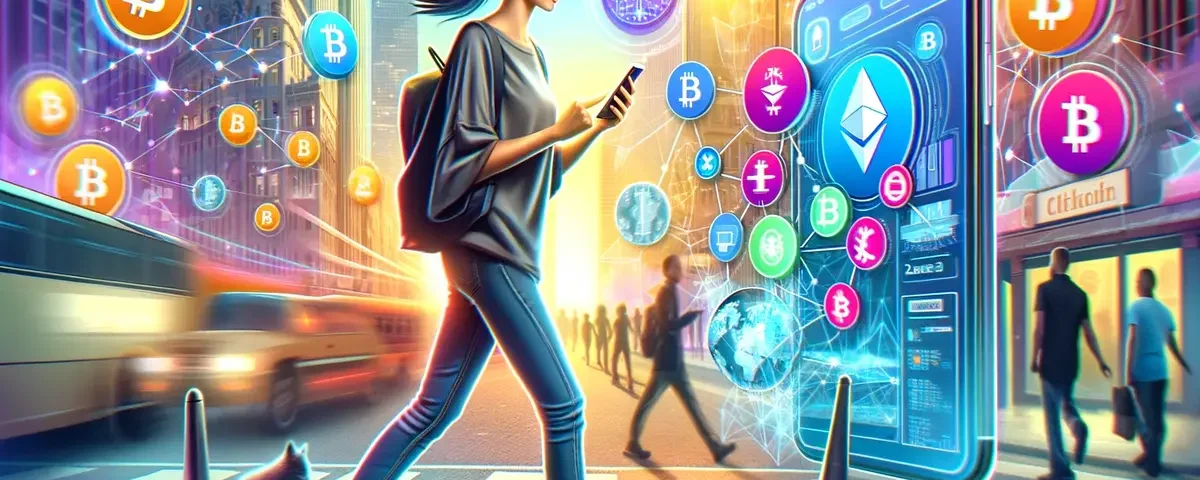
Kraken Requests Dismissal of SEC Lawsuit, Citing Incorrect Terminology
08/05/2024
House to Review Legislation for Regulatory Clarity on Digital Assets (Bitcoin)
10/05/2024Web3 Gaming Industry at a Crossroads: Bridging the Mobile Gap for Future Success
The web3 gaming industry stands at a pivotal moment. While the potential of decentralized gaming and true digital ownership is immense, the current emphasis on browser-based PC gaming is a missed opportunity that could marginalize the industry as mobile gaming continues to dominate. To compete with the web2 games industry, web3 gaming must bridge the mobile gap.
Consider this: Can you name a single successful browser game in the mainstream gaming industry? Likely not. Even the most successful web3 games today pale in comparison to the giants of the web2 mobile gaming world. For instance, a game with one million players or downloads might be a major success in web3, but in the traditional mobile gaming space, it would barely make a dent.
The statistics tell a stark story: in 2022, mobile games captured a commanding 50% share of the global gaming market, while browser PC games—the main platform for web3 games—accounted for just 17%. This disparity highlights the web3 gaming industry’s failure to leverage the mobile gaming boom, a mistake that could be disastrous if not addressed.
If web3 gaming continues on its current path, it risks becoming a permanent sideshow, overshadowed by the mainstream success of mobile gaming giants. The balance that has been established in the web2 world, where mobile gaming dominates, will inevitably reshape the web3 gaming landscape as well. The question is whether the industry will proactively adapt or be left behind.

Prioritizing Mobile Infrastructure
To thrive in the mobile gaming era, the web3 gaming industry must prioritize the development of a robust mobile infrastructure. Developers need access to modular, blockchain-agnostic components that can seamlessly integrate blockchain technology into mobile games without compromising the gaming experience. These components should handle secure asset management, on-chain transactions, decentralized identity solutions, and cross-chain interoperability.
Without these resources, the growth and relevance of the web3 gaming industry will be severely hindered. A compelling mobile offering is essential to attract the vast and engaged user base necessary for long-term success and innovation. Otherwise, web3 gaming will remain confined to a niche, overshadowed by the mainstream success of mobile gaming giants.
The mobile gaming market is enormous, surpassing $184.4 billion in 2022 and projected to reach $775.69 billion by 2032, driven by the proliferation of smartphones and the advent of 5G networks. To seize this unprecedented opportunity, the web3 gaming industry must shift its focus from browser games to mobile, embracing the platform that is the core of the global gaming ecosystem.
The path forward is clear: web3 gaming must unlock the mobile gaming revolution or risk ceding the future to those who do. Developers, investors, and industry leaders must prioritize the creation of robust mobile infrastructure, enabling the development of captivating decentralized gaming experiences that resonate with users worldwide. By embracing mobile gaming, web3 gaming can secure its place at the forefront of gaming innovation and realize its full potential as a transformative force in the industry.
Links:



